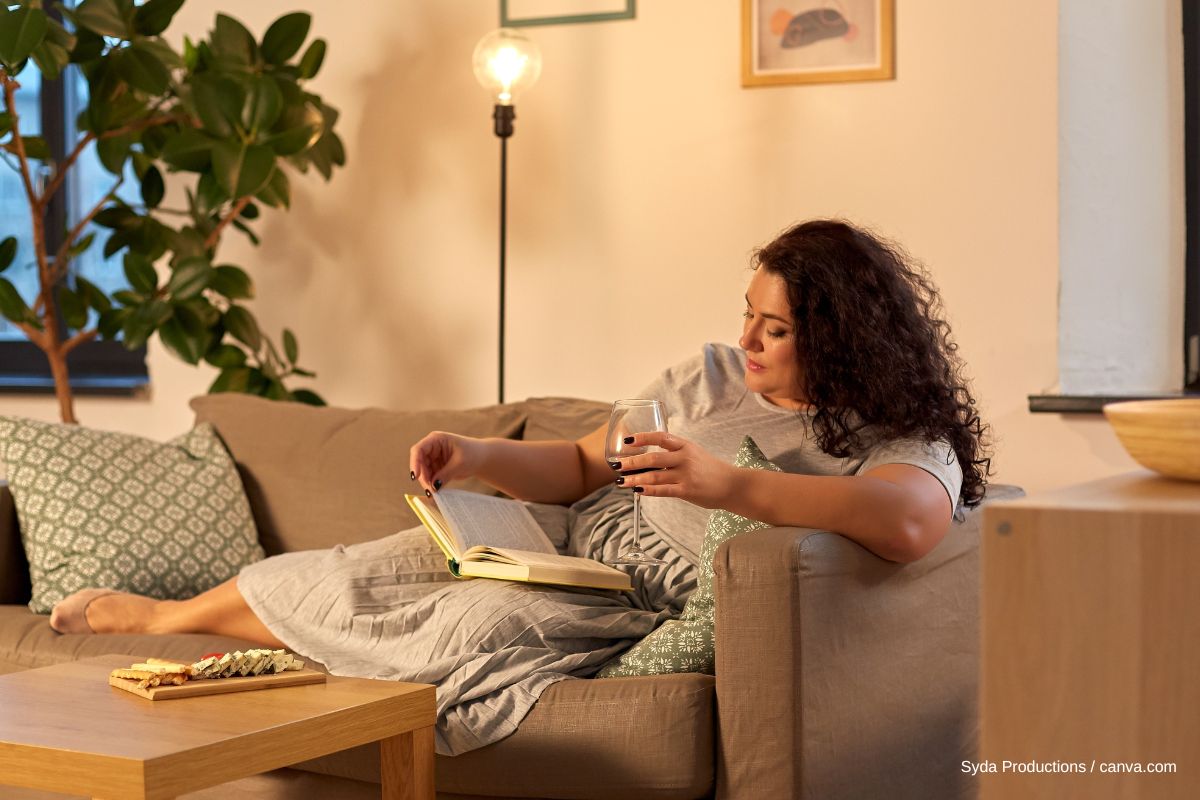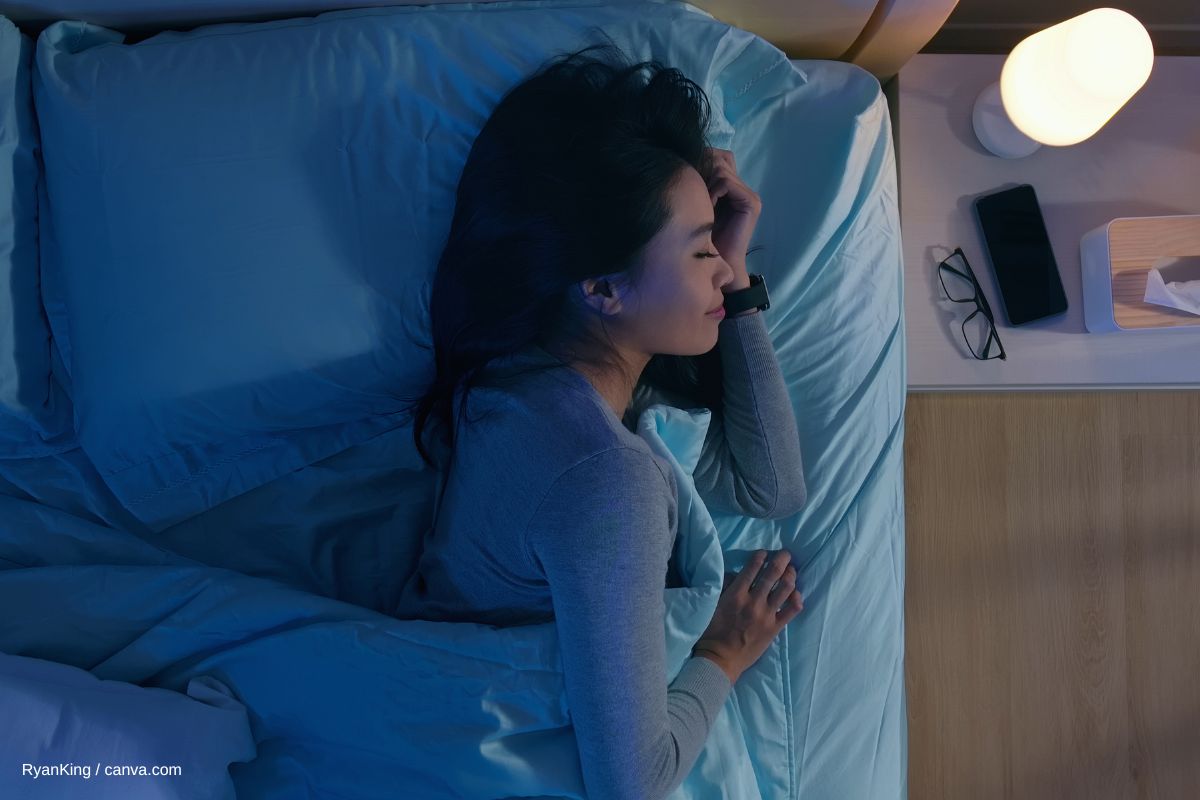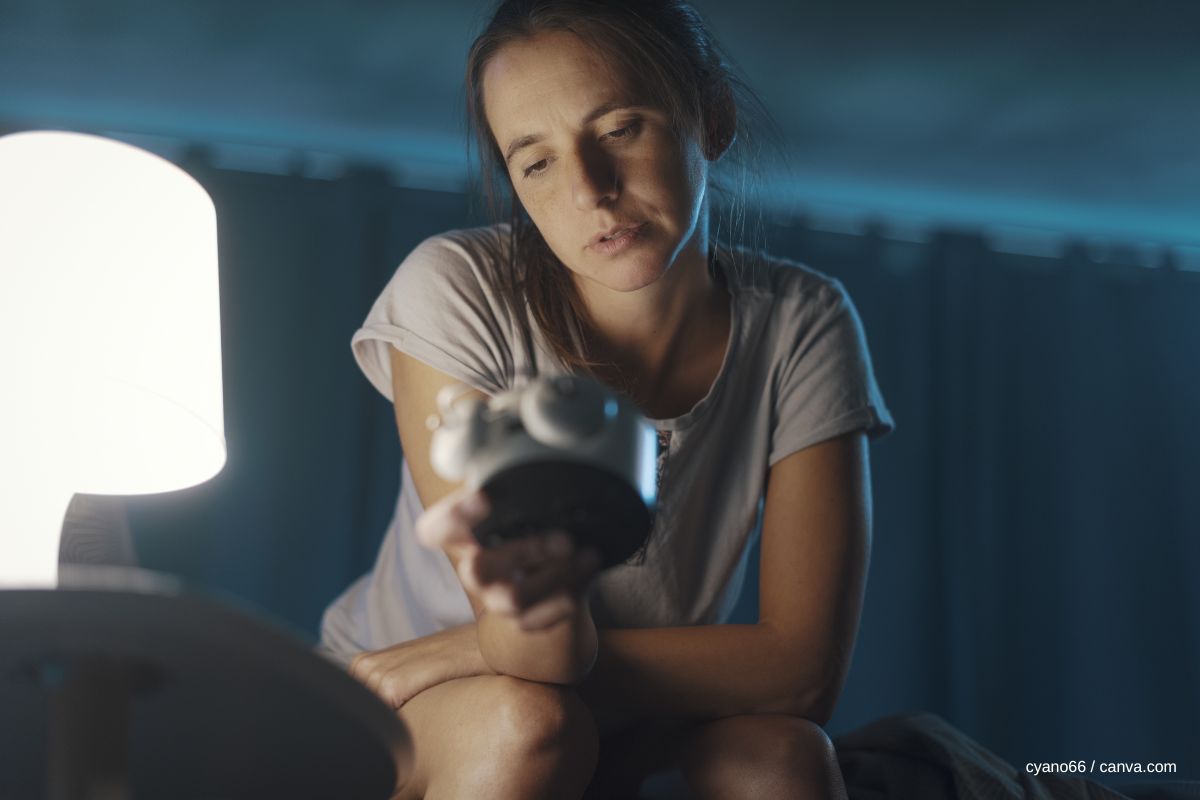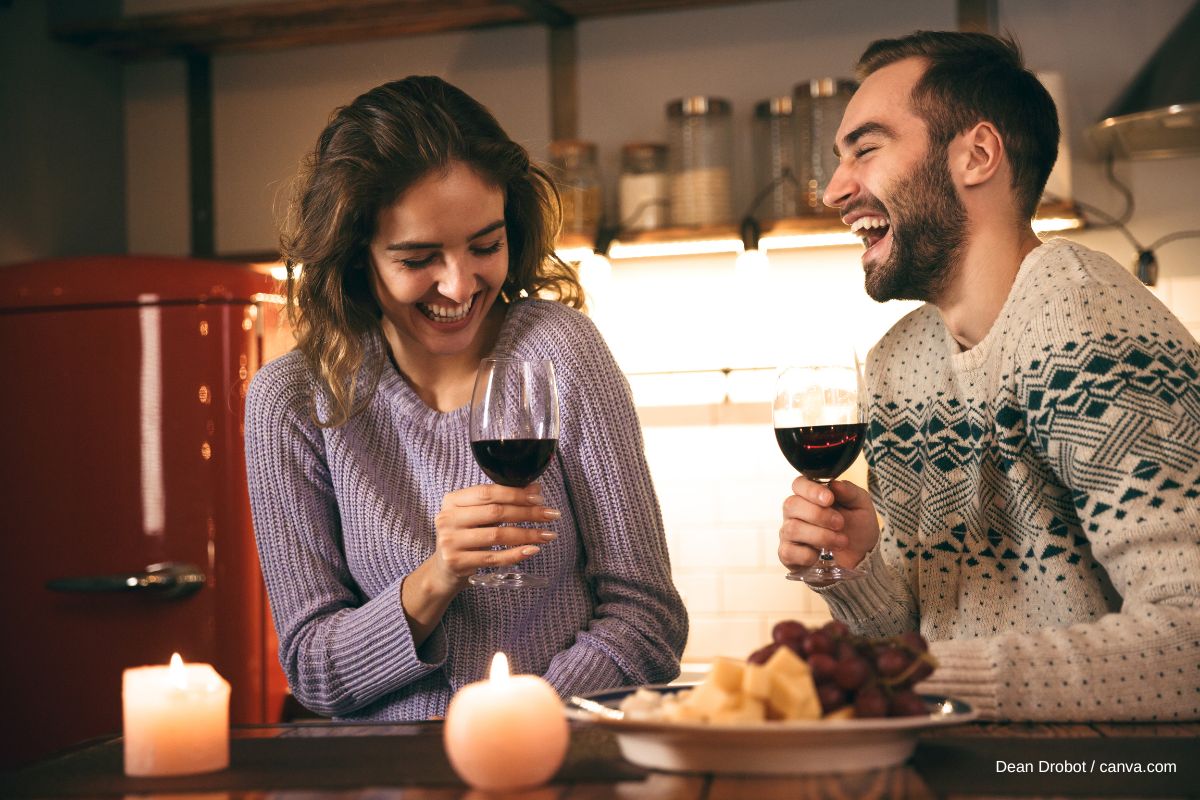Alcohol and Sleep: How Harmful is Alcohol Consumption Before Sleep?

Many people like to wind down after work and enjoy an alcoholic beverage before going to bed. After an exhausting day, who doesn't like to make themselves comfortable on the couch at home and relax with a glass of red wine, for example? However, when it comes to a good night's sleep, drinking alcohol before going to bed is not a good idea. While it is true that alcohol initially makes us pleasantly tired, alcohol and sleep are a bad combination. It can negatively affect our deep sleep and lead to restless nights with a reduced quality of sleep. Find out why alcohol and sleep problems are linked, and which sleep aids will actually lead to sweet dreams.
Do we fall asleep more easily thanks to alcohol?
Healthy sleep thanks to alcohol? A glass of wine as a nightcap is said to have a relaxing effect and help us fall asleep. You've probably drunk alcohol before to take advantage of its calming effect and get a good night's sleep afterwards. Particularly when it gets late and you can't fall asleep, some people tend to reach for a glass of wine to help them relax and get to sleep faster. Alcohol is known for its drowsy effect, as it slows down brain activity and thus slows down that rollercoaster of thoughts that prevents many people from falling asleep. It makes it easier for them to forget the stress of the day and fall asleep quickly. However, even if you are often no longer kept awake by thoughts and quickly become tired after consuming alcohol, you pay the price afterwards: the negative effects of alcohol on sleep are particularly evident later in the night when it interferes with our sleep cycle.
How does alcohol before bedtime affect our sleep cycle?
To understand how alcohol affects sleep, we should first look at a healthy sleep cycle. For restful sleep, we need to go through a sequence of several sleep cycles per night. These are divided into different sleep phases, during which different processes take place in our body. The supposedly positive effects of alcohol can be seen in the first half of the night, as it works in a similar way to sleeping aids by making us drowsy. Alcohol therefore influences our sleep phase because we become tired more quickly when we are drunk. In a healthy sleep rhythm, the phase of falling asleep is followed by a phase of light sleep, which is later replaced by regenerating deep sleep and finally concludes with so-called REM sleep or dream sleep.

The effects of alcohol on sleep are particularly evident in the second half of the night: While a sober person has a normal sleep cycle and goes through all sleep phases consecutively, people who have consumed alcohol skip the first two phases, so to speak, and go straight into the deep sleep phase. However, even if alcohol helps you to fall asleep better, it can shorten the deep sleep phases during the course of the night. Deep sleep is particularly important for physical regeneration as it strengthens our immune system and stimulates cell renewal. Alcohol and sleep is therefore not a good idea, as our health and well-being suffer due to the effects on our body.
Snoring, increased urination and sleep disturbance: how alcohol consumption can affect sleep
Alcohol can lead to restless sleep, worsens the quality of sleep, and can exacerbate existing sleep problems. That's because the shortened deep sleep you experience during the night due to alcohol before going to sleep leads to a restless REM sleep phase. As a result, you swap pleasant dreams for disturbed sleep and wake up more frequently. Depending on the amount of alcohol you have consumed, your body and brain will have to work hard. As your body breaks down the alcohol, you notice how the quality of your sleep is affected by the metabolic processes: You have to sweat more and wake up drenched in sweat several times during the night.
Because alcohol interrupts your sleep, you may find it difficult to get up the next morning and still feel tired. In addition, alcohol in the blood has a dehydrating effect on our bodies and can also increase the urge to use the bathroom. If you drank alcohol before going to bed, you will probably have to leave your cozy bed several times to go to the toilet. The lack of fluids can also lead to a headache the next morning.
Chronic sleep disorders can be exacerbated by the effects of alcohol. Snoring can also increase if you have been drinking alcohol because the respiratory muscles relax. There is also a risk of alcohol-induced sleep disorders if you rely too much on its sleep-inducing effect and can no longer relax without it.

Better sleep quality without alcohol: which nightcap ensures a good night's sleep
Although alcohol initially has a sleep-inducing effect and can make it easier for you to fall asleep, it will not help you sleep better in the long term. To help you sleep well in the long term, you should stop drinking alcohol at bedtime. There are better ways to fall asleep that won't have a negative impact on the quality of your sleep. The best nightcap for a good night's sleep is caffeine-free herbal tea. The essential oils in the herbs act naturally as gentle sleep aids. Lavender, hops, valerian, lemon balm and chamomile are considered to be particularly sleep-inducing. In addition, the ritual of brewing yourself a warm cup of tea and consciously enjoying it in small sips helps you to calm down and reduce stress.

If you want to continue drinking alcohol for pleasure from time to time, there is nothing wrong with following a few tips. You can reduce your alcohol consumption and drink less alcohol overall by replacing your evening glass of red wine with a wine spritzer, for example. To allow your body to metabolize the alcohol before going to sleep, you should only consume non-alcoholic drinks four to six hours before going to bed. This way, the effects of alcohol won't affect your quality of sleep and you won't have to give up anything.
Photo credits:
Syda Productions / canva.com
RyanKing / canva.com
cyano66 / canva.com
Dean Drobot / canva.com
